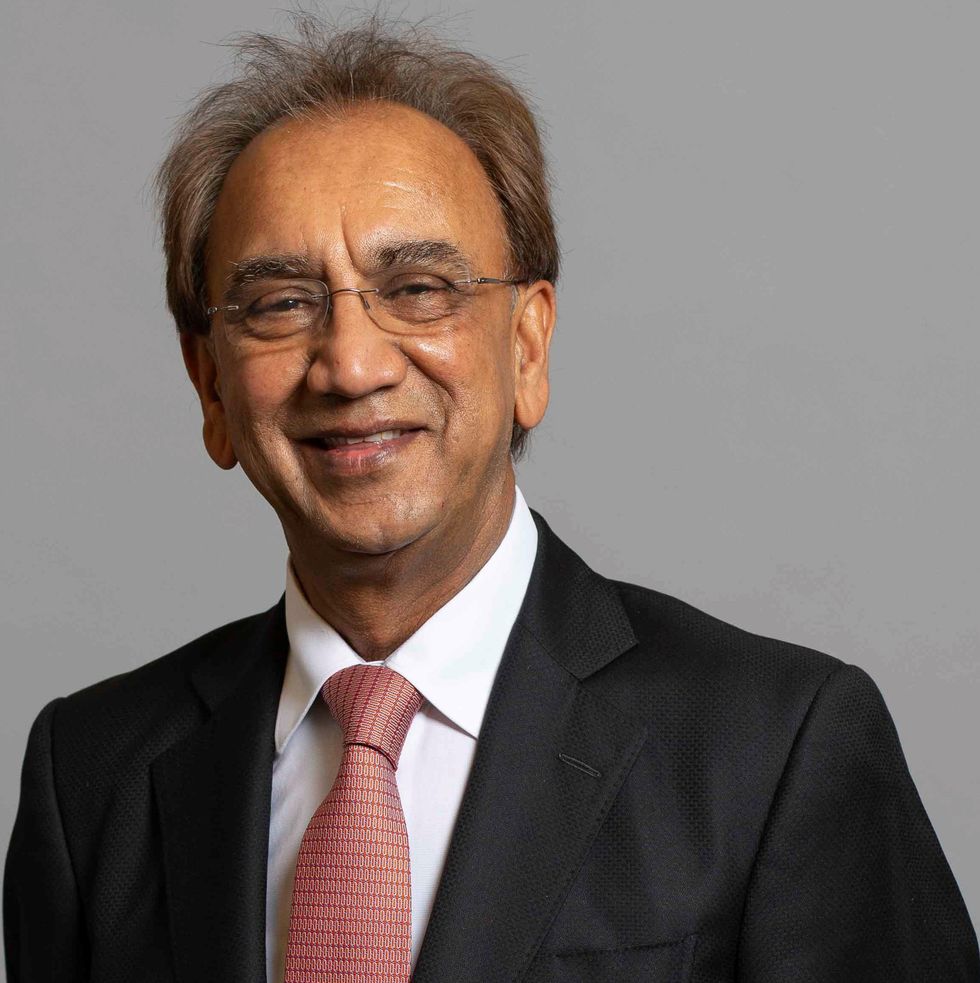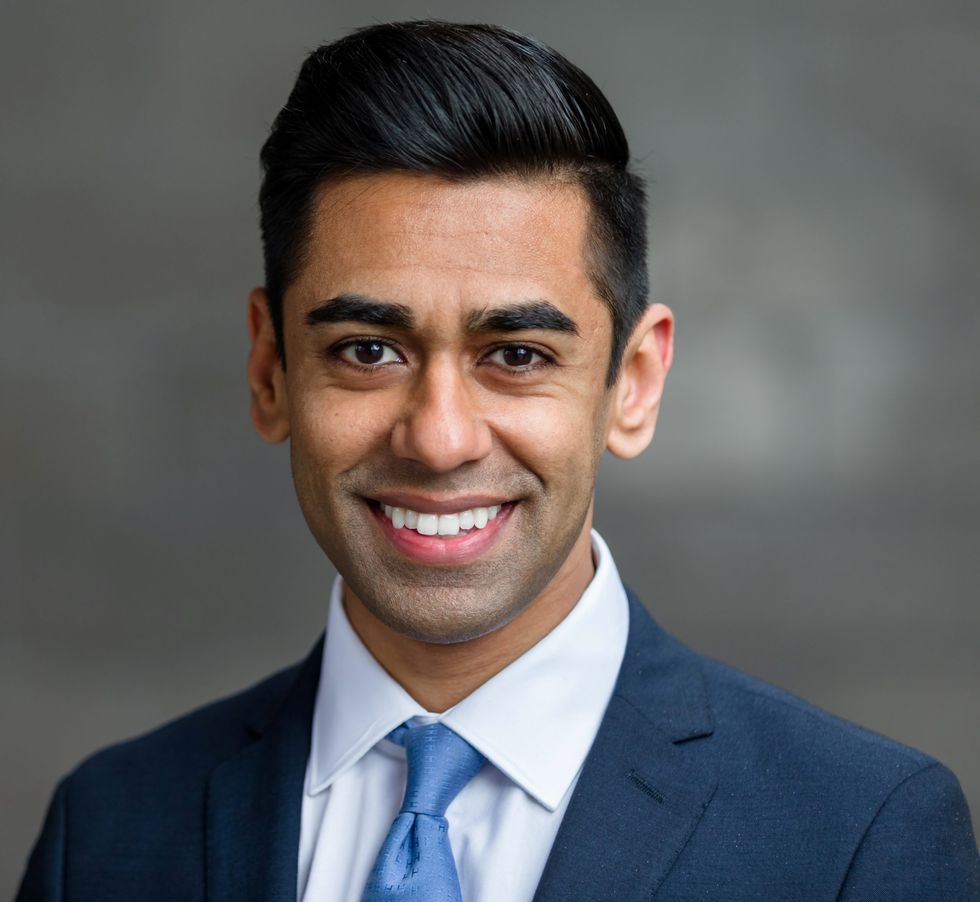WHILE it was disappointing to see the Conservative party lose flagship councils in London and across the country, there was one particular council that bucked the trend and shone a ray of light for the Tories.
Harrow – the hometown for both of us – was the only council across the country which the Conservatives gained from Labour. This was a historic moment for the Tories, which puzzled pollsters following losses in Wandsworth, Westminster and Barnet.
But the result was by no means a fluke. For us it was no surprise that the area with the largest British Indian population in the country voted Conservative. With 29 per cent of the population made up of British Indians, the victory in Harrow was reflective of the tremendous efforts of the Conservative Friends of India – which we have both had the honour of leading – in securing the British Indian vote after years of persistent and meaningful engagement with the community.

The British Indian vote in Harrow has not only been crucial in last week’s local elections, but also in the 2019 general election, where local Conservative MP Bob Blackman received one of the highest majorities in London. In last year’s London mayoral election, the Tory candidate Shaun Bailey also received one of the highest Conservative vote shares from Harrow.
And we didn’t just see this trend in Harrow. In Brent, which has been a Labour stronghold for decades, it was no coincidence that the wards with the largest British Indian populations elected Conservative councillors. Labour’s lack of support among the community in Brent was further seen when they lost British Indian stronghold wards to Liberal Democrat candidates.
So, what’s the secret? Opponents would criticise the cultivation of the British Indian vote as creating hate or causing division. However, this could not be further from the truth. This cultivation is a result of years of hard work in engaging with the British Indian community and proving that the Conservative party is the true and only natural home for the 1.7 million-strong British Indian community.
It is based on a genuine belief that the Conservative party and its values are what is truly best for our families and country. This is the mission which has driven us and so many other Conservatives, and it is heartening to see it bear fruit. In the 2015 election, 49 per cent of British Indians voted Conservative – a huge increase on the 11 per cent we got in 2005. This trend has continued in 2019, when we saw British Indian support grow considerably for the Conservatives, spurred by Labour’s increasing anti-India stance.

Our engagement with the British Indian community did not just happen overnight. It has been the result of decades of hard work and strategy, driven by so many Conservative activists. Engagement included being more visible among the community, aligning our priorities and strengthening bilateral links with India.
The prime minister, Boris Johnson, has been invaluable in his support in engaging with the British Indian community and India. His recent trip to India was a great success among the community. Boris was the first Conservative prime minister to visit Gujarat – the ancestral home of over half the British Indian diaspora. His trip to Gujarat certainly influenced the results, as it resonated with thousands of residents across Harrow who are mainly of Gujarati origin.
The engagement drive is also shown on the top table, where the highest offices of state are held by British Indians – Rishi Sunak, Priti Patel, Alok Sharma and Suella Braverman. This is an incredible achievement and a dream come true for many Conservatives. This diversity and inclusiveness has played a key role in showing that the party is the home for the British Indian community.
For us, it is therefore no coincidence that the British Indian community is voting Conservative. It was destined to happen because of the shared values of the community and the party. Hard work, family, enterprise, education – these are the shared values that bind us together.
Our priorities are also aligned – economic competence which only the Conservatives can deliver, promoting aspiration and empowering people to be the best they can be, while championing low taxes, keeping our NHS well fuelled, keeping our immigration system fair and controlled, as well as investing in our public services.
The recent elections were reflective of the fact, that locally or nationally, only the Conservatives can serve the needs and priorities of the British Indian community. This will be key in the run-up to the next general election. But this is not the end. It is part of a long-term journey of cultivating the British Indian vote – a vote that should be earned and respected and never taken for granted.
For now, Harrow remains a beacon of hope for the party, reflecting the power of the British Indian vote.
Lord Popat and councillor Jogia are long-term residents of Harrow, who have spent their political careers helping to bridge the gap between the Conservative party and the British Indian community. Lord Popat founded the Conservative Friends of India with David Cameron in 2012, whose legacy is currently being led by co-chairs Ameet Jogia and Reena Ranger.




‘Harrow gain proves power of British Indian support’